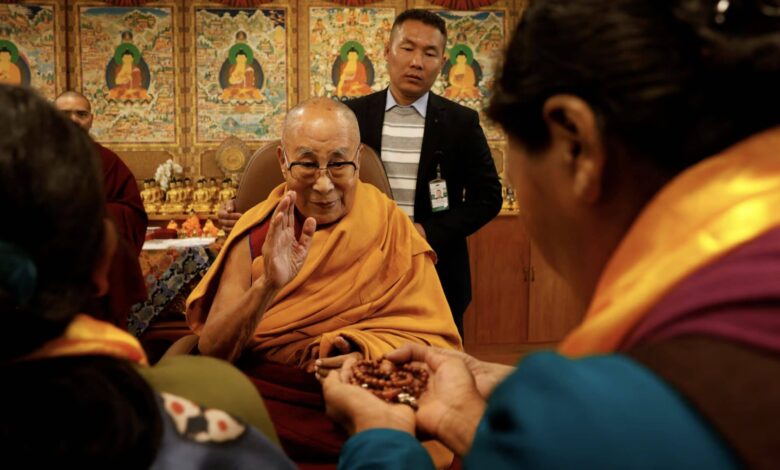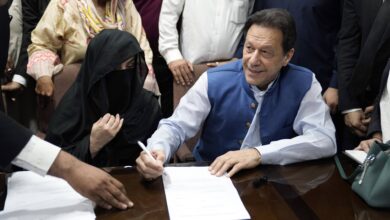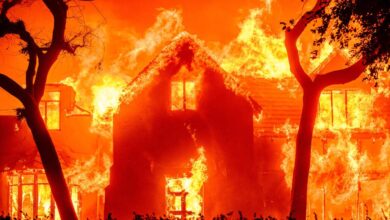
While the Dalai Lama has reassured his followers of good health, concerns over his succession are growing, and the Chinese regime seems to be preparing for a possible power struggle over this sensitive issue.
PRC always declared that Tibet is its own land and the Dalai Lama appointed shall receive approval from the leadership of Beijing. On the contrary, Tibetans claim their homeland has never been a province of China and all succession matters are solely theirs and Beijing should not interfere with this matter.
As the Dalai Lama is soon to reach 90 years, the Chinese seem to be trying to deal with the question of succession. Wang Huning, Chairman of CPPCC, recently attended the Exhibition on the Reincarnation of Tibetan Buddhist Leaders. This was a clear indication of the preparation for the future lineage of Tibetan Buddhism.
Dolma Tsering Teykhang, Deputy Speaker of the Tibetan Parliament-in-Exile, said that the Dalai Lama may throw light on succession-related issues closer to his 90th birthday in July 2025. The Dalai Lama has been an epochal figure for Tibetans: he has been their spiritual and temporal leader. Unlike the papacy, which relies on a College of Cardinals to elect a successor, the position of Dalai Lama involves reincarnation-the religious leader is believed to come back in another form after he dies. The present Dalai Lama, Lhamo Thondup, is believed to be the 14th incarnation.
Wang’s visit to the semi-official China Tibetology Research Centre is seen as part of a broader strategy to manage the succession issue. The CTRC has underlined that reincarnations of Dalai Lamas have always required state approval, reinforcing China’s narrative of Tibet as an inseparable part of the nation.
The official publication of the CPPCC emphasized that Wang was committed to the development of national unity and cultural identity among ethnic groups, as set by the Communist Party. Dubbed the “ideology czar” of the regime, Wang has been touring Tibetan communities and discussing ethnic minority issues with increasing frequency.
Analysts say serious discussions are underway within the Chinese government machinery to deal with the contingency of the successor of the Dalai Lama. The autonomy of Tibet was badly shattered after the Chinese invasion in 1949-50. Widespread unrest resulted in the flight of the Dalai Lama to India in 1959.
While the exiled Tibetan community insists the right to determine the next succession lies with them, Beijing maintains it will decide. By the same token, the idea of a Dalai Lama appointed by the Chinese regime raises concerns among Tibetans about legitimacy and independence.
The Dalai Lama has also said that he would leave behind a will on the question of succession and even considered ceasing the reincarnation tradition. During an interview in 2019, he had stated that the future of the Dalai Lama rests in his hands; adding that his reincarnation would most likely be born within the Buddhist community, outside of Tibet that is under China’s grip.
As events unfold, the world watches closely, knowing full well that the implications of the Dalai Lama’s succession go far beyond Tibet.



